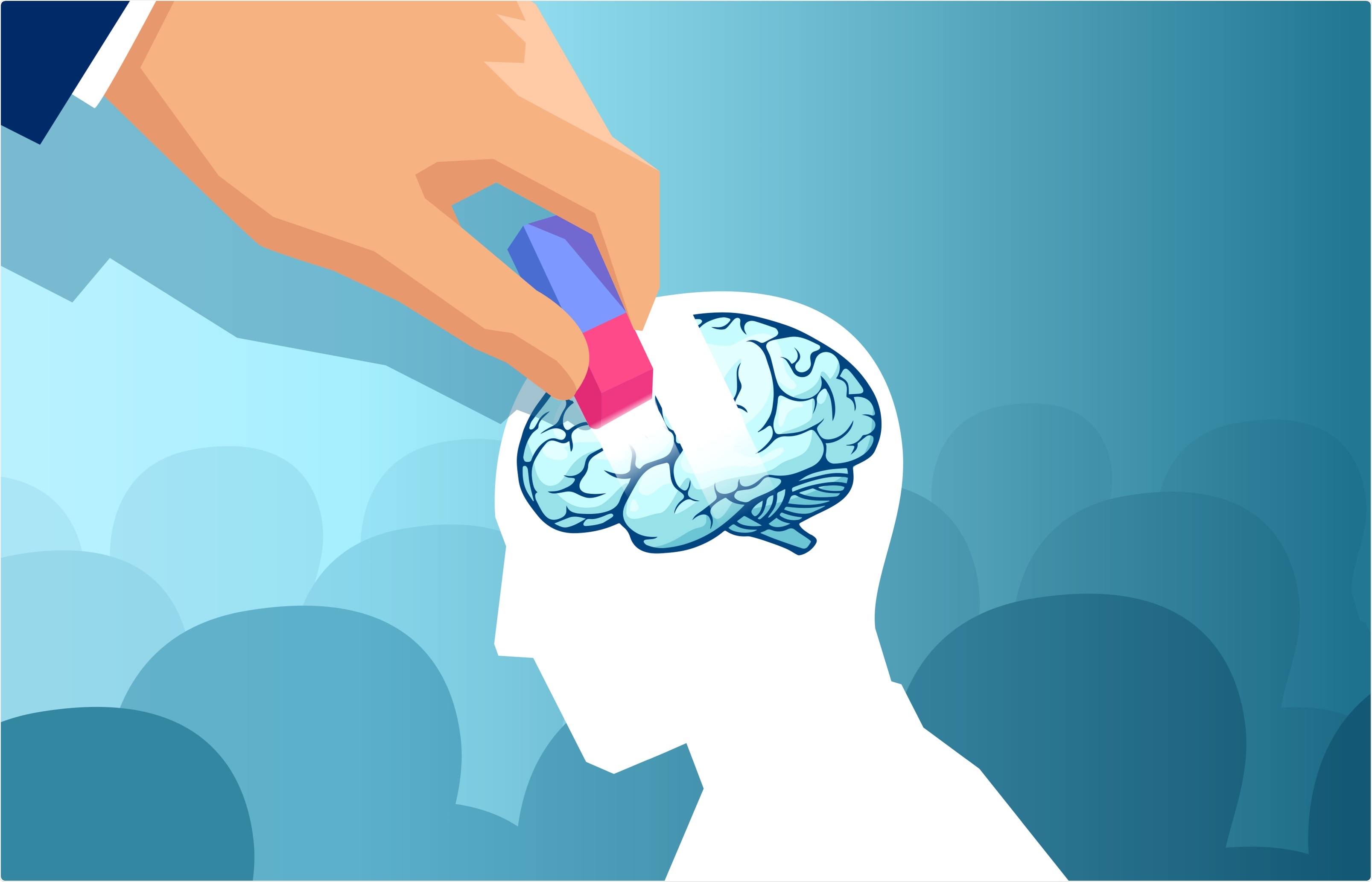A new study shows that depleting mouse blood of the protein ADORA2B led to faster declines in memory, delays in auditory processing, and increased brain inflammation.

Cognitive Decline. Image Credit: FGC/Shutterstock.com
Exploring the origin of brain aging through oxygen deprivation
With the global increase in life expectancy, the number of people who will experience age-related cognitive decline will increase in association. As the amount of oxygen in blood also declines with age, a team of researchers made of Texan and Chinese scientists led by Quinfeng Qiang, hypothesized that aging in the brain might be naturally held at bay by adenosine receptor A2B (ADORA2B).
Indeed, mounting evidence suggests that oxygen levels decline with age, leading to a series of responses such as the activation of macrophages to release more pro-inflammatory chemokines and cytokines. Altogether, this process is often referred to as “inflammaging”, and may help scientists explore the reasons underlying cognitive decline as well as providing insights into the process of aging.
In the present study, the researchers examined the role of adenosine receptors in the brain. Although research has considered these receptors for some time, most studies have focused on neurons or immune cells of the brain. However, little is known about the functional role of erythrocytes, which are the only cells carrying and delivering oxygen to every cell in the body, in age-related cognitive decline.
The ADORA2B protein is expressed on the membrane of red blood cells is known to help release oxygen from the blood cells making it available to use in the body. Specifically, increased levels of ADORA2B activate AMP-activated protein kinases that activate bisphosphoglycerate mutase (BPGM). Importantly, BPGM is an allosteric modulator of hemoglobin that counteracts the effects of hypoxia.
To test this hypothesis, researchers created mice that lacked ADORA2B in their blood and compared behavioral and physiological measures with control mice. This will then provide key insight into the role of the ADORA2B-BPGM signaling axis.
The study published in the open-access journal PLOS Biology demonstrated that the older mice displaying the typical characteristics of cognitive decline including poor memory, hearing deficits, and higher brain inflammatory responses, were all higher in mice lacking the ADORA2B protein.
Additionally, after experiencing a period of oxygen deprivation, the behavioral and physiological effects on young mice without ADORA2B were much greater than those on normal young mice.
An “irreplaceable” function in oxygen delivery
The findings, therefore, demonstrate that brain aging is naturally reduced by ADORA2B, whose main function is oxygen delivery to support activity.
Further studies are needed to determine the fluctuations in ADORA2B levels, and if they naturally decline with age. The implications for applying such results also extend to developing drug treatments that can activate or enhance ADORA2B expression to reduce cognitive decline.
Red blood cells have an irreplaceable function to deliver oxygen to maintain bioenergetics of every single cell within our body. However, their function in age-related cognition and hearing function remains largely unknown. Our findings reveal that the red blood cell ADORA2B signaling cascade combats the early onset of age-related decline in cognition, memory, and hearing by promoting oxygen delivery in mice and immediately highlight multiple new rejuvenating targets".
Dr. Xia
In conclusion, the authors indicate that the findings reveal a promising therapeutic target in erythrocytes to counter early aging and age-related impaired cognition and hearing function. Nevertheless, this is primarily a mechanistic finding that demands further validation in humans.
Journal reference:
- Qiang Q, Manalo JM, Sun H, Zhang Y, Song A, Wen AQ, et al. (2021) Erythrocyte adenosine A2B receptor prevents cognitive and auditory dysfunction by promoting hypoxic and metabolic reprogramming. PLoS Biol 19(6): e3001239. https://doi.org/10.1371/journal.pbio.3001239